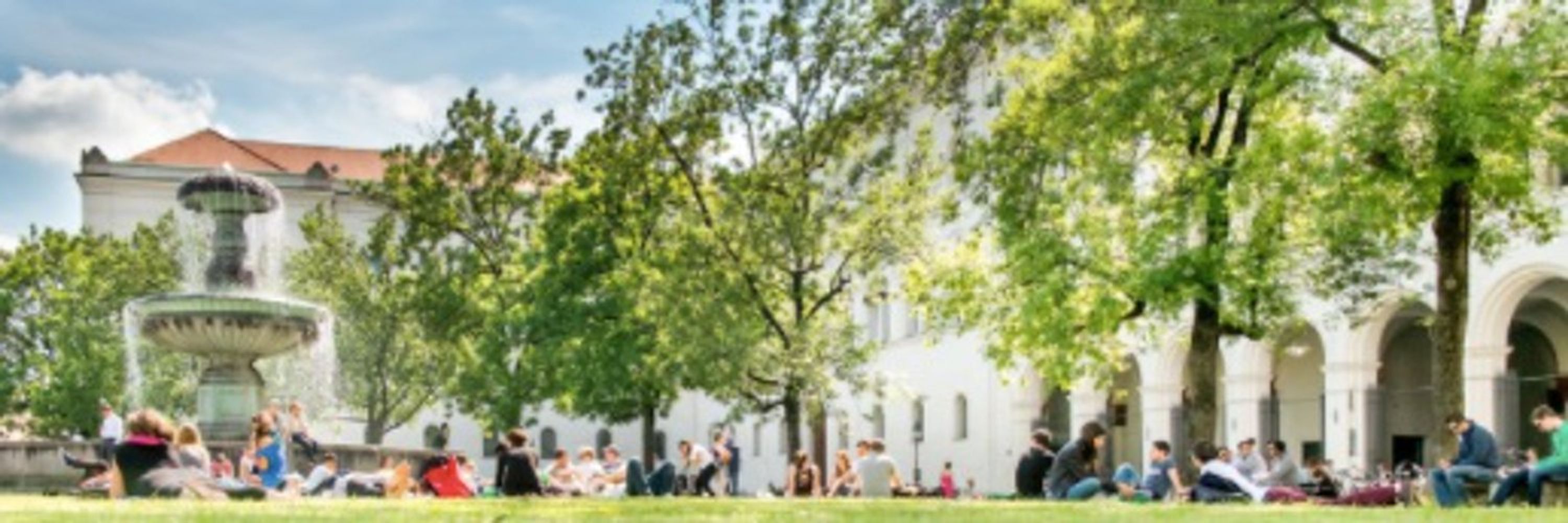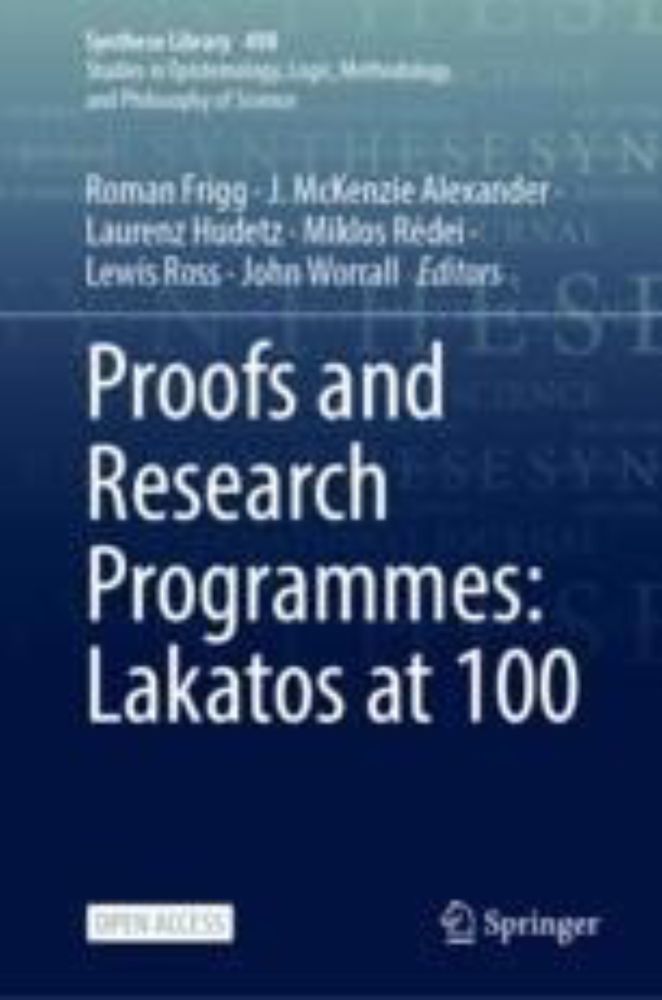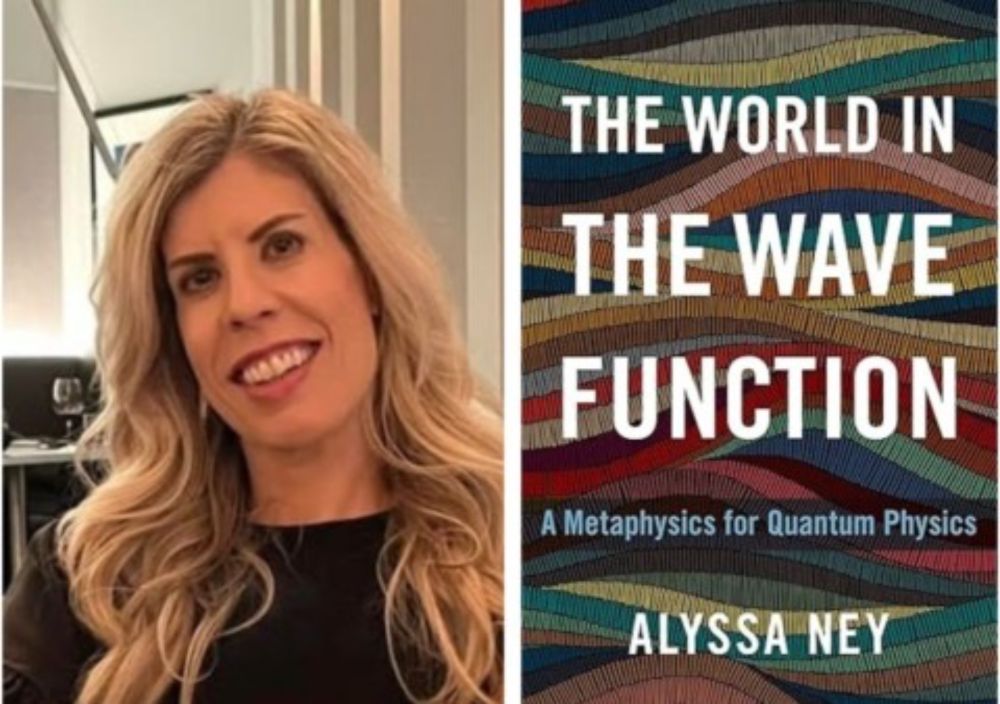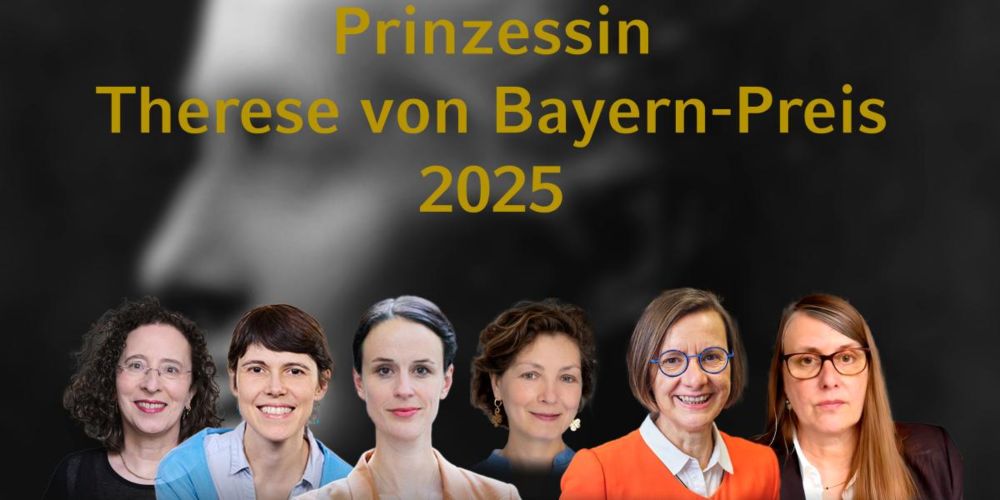Munich Center for Mathematical Philosophy
@lmu-mcmp.bsky.social
680 followers
130 following
60 posts
News and updates from the Munich Center for Mathematical Philosophy at LMU Munich. Disclaimer: reposts and likes are not endorsements.
Posts
Media
Videos
Starter Packs
Reposted by Munich Center for Mathematical Philosophy
Reposted by Munich Center for Mathematical Philosophy
Reposted by Munich Center for Mathematical Philosophy
Reposted by Munich Center for Mathematical Philosophy
Reposted by Munich Center for Mathematical Philosophy
Reposted by Munich Center for Mathematical Philosophy
Christian List
@clist.bsky.social
· Sep 2

Can AI systems have free will? - Synthese
While there has been much discussion of whether AI systems could function as moral agents or acquire sentience, there has been very little discussion of whether AI systems could have free will. I sket...
link.springer.com
Reposted by Munich Center for Mathematical Philosophy
Reposted by Munich Center for Mathematical Philosophy
Reposted by Munich Center for Mathematical Philosophy
Reposted by Munich Center for Mathematical Philosophy
Reposted by Munich Center for Mathematical Philosophy
Reposted by Munich Center for Mathematical Philosophy
Reposted by Munich Center for Mathematical Philosophy
Reposted by Munich Center for Mathematical Philosophy
Reposted by Munich Center for Mathematical Philosophy
Reposted by Munich Center for Mathematical Philosophy
















